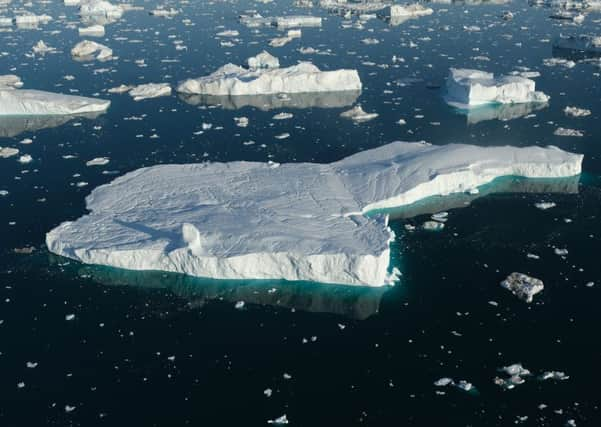Book review: Stillicide, by Cynan Jones


Conceived as “a network of writers, artists and thinkers who have stopped believing the stories our civilisation tells itself”, their Dark Mountain Project was launched in 2009 at an event in a pub outside Oxford, where their manifesto was released in a limited edition of 300. The manifesto’s clarion call was for a new kind of writing – “Uncivilised Writing” – which they defined as “writing which attempts to stand outside the human bubble and see us as we are: highly evolved apes with an array of talents and abilities which we are unleashing without sufficient thought, control, compassion or intelligence. Apes who have constructed a sophisticated myth of their own importance with which to sustain their civilising project.”
Cynan Jones is well aware of all this – last year he was one of a number of leading contemporary novelists invited to contribute essays to the Dark Mountain Project website on the subject of “rewilding the novel” – and while his latest book, Stillicide, might not be precisely what Kingsnorth and Hine had in mind when they first cooked up their manifesto, the manifesto still provides an illuminating prism through which to read it.
Advertisement
Hide AdOriginally commissioned as a series of interlocking radio plays for BBC Radio 4, read by actors including Anne-Marie Duff, Richard Goulding and Alex Jennings, Stillicide imagines a future Britain in which water is in short supply (the word has two possible meanings: a continual dropping of water and a right or duty relating to the collection of water from an adjacent land).
Heavily armed “water trains” make regular journeys from the still-wet north of the country into the parched heart of the metropolis, where residents, long deprived of showers and flushing loos, have to spray themselves with “alcowash” each morning and leave their “soilets” out in the street to be emptied by the “soilmen.” Meanwhile, somewhere in the North Sea, an enormous iceberg is being towed slowly towards Redcar in the North East of England, where it is to be melted down. A controversial proposal to build a new facility to accommodate more bergs in London, known as an ice dock, which will cause entire communities to be bulldozed, has people out in the streets, protesting in their thousands.
The most prominent voice in this multi-layered ensemble piece is that of John Branner, an armed policeman tasked with eliminating “threats” from an area of scrubland around the water train track, who has recently learned that his wife – a nurse – is terminally ill.
The chapters told from his point of view are interspersed with other perspectives – among them those of an investigative journalist looking for answers about the new ice dock, a nurse caring for Branner’s wife, and a scientist who thinks he may have found a rare kind dragonfly on the site where the dock is to be built (“A dragonfly could stop an iceberg. For a while at least.”).
As in his 2016 novella Cove, Jones’s writing style is wonderfully pared back and impressionistic, and he has a knack for deploying staccato sentences and one-line paragraphs at moments of maximum drama to give the sense of time slowing down.
Stillicide might not be quite as detached as the Dark Mountain Manifesto would seem to require – at its core it is really a love story – but a more powerful parable about the dangers of super-intelligent apes constructing “sophisticated myths of their own importance” is hard to imagine. Roger Cox
Stillicide, by Cynan Jones, Granta, 179pp, £12